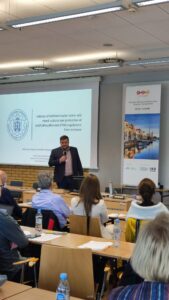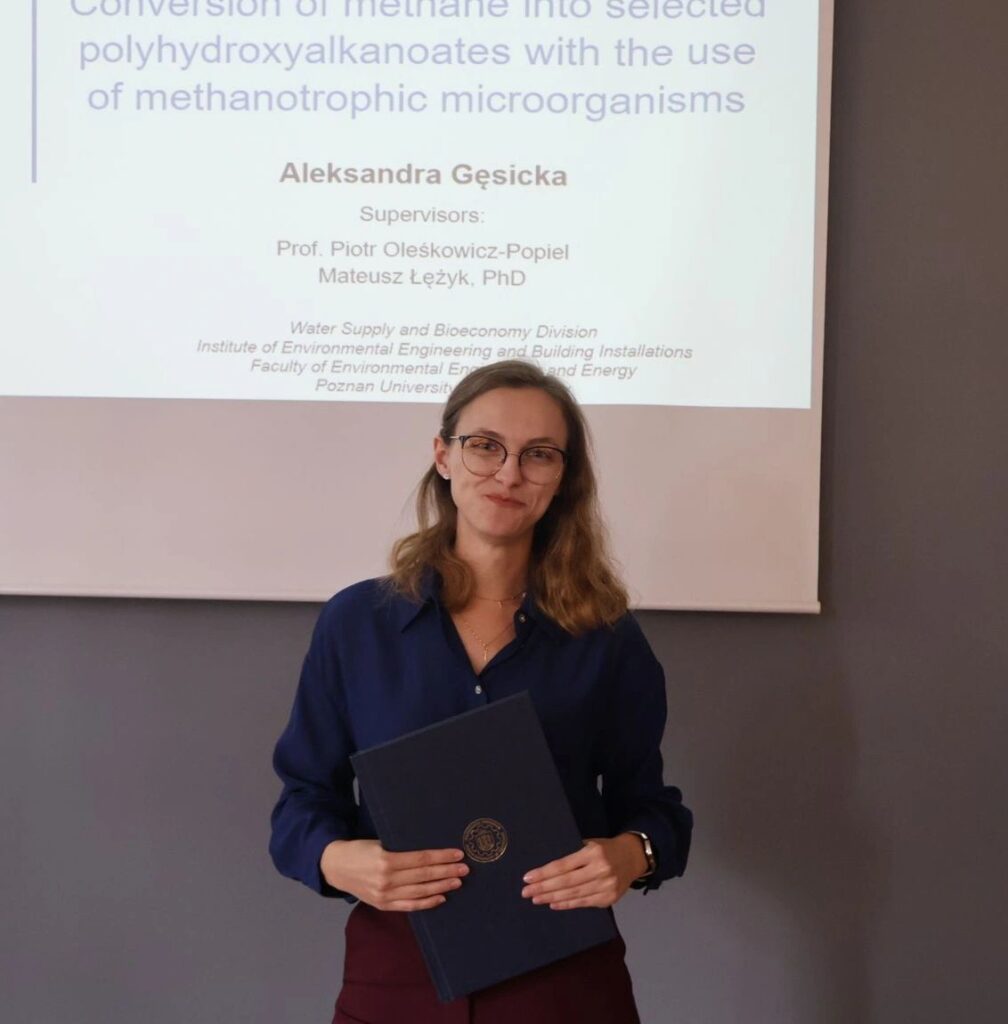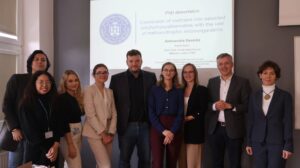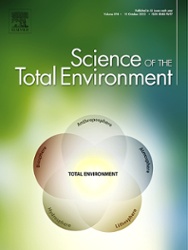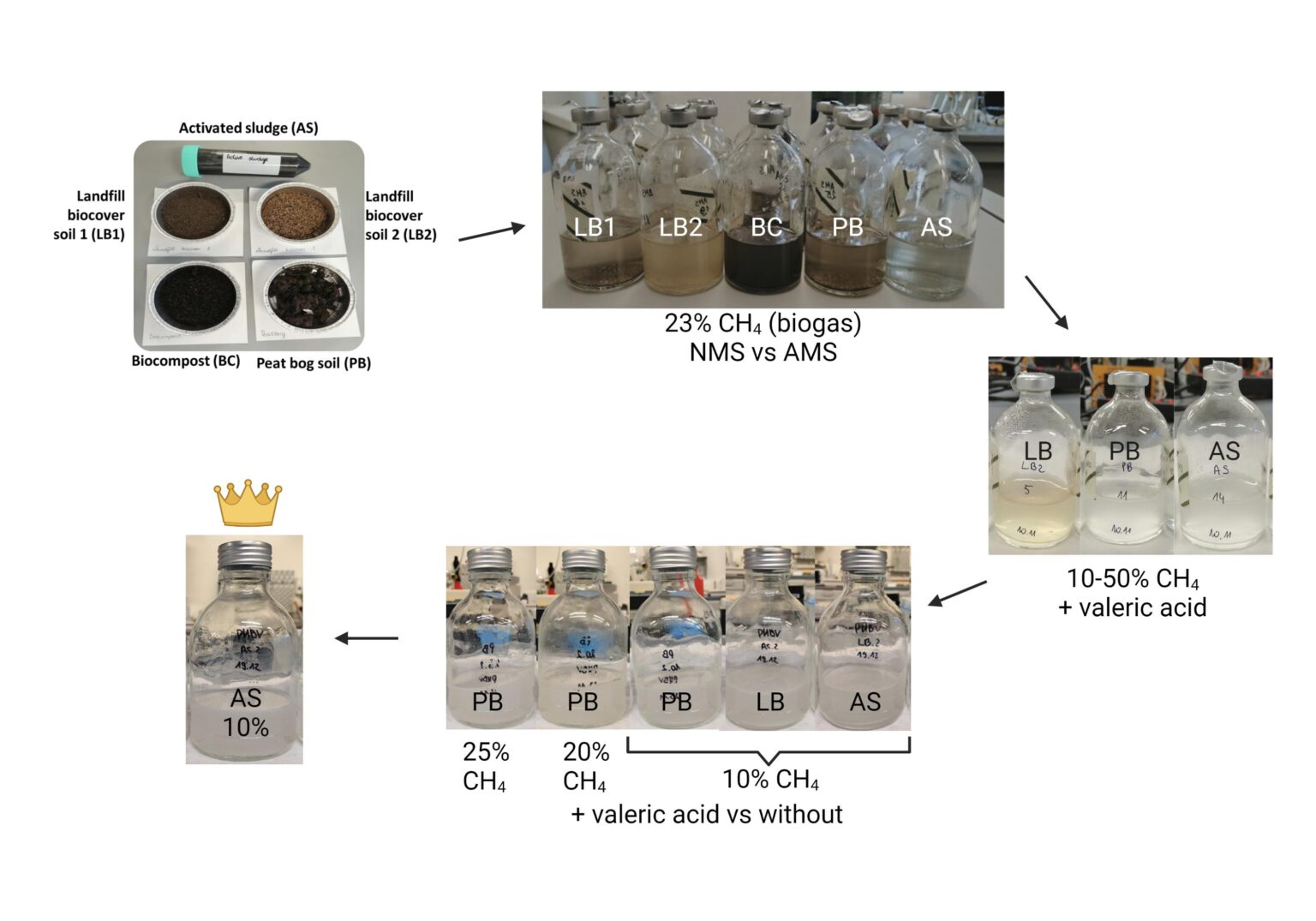Production of hydroxyalkanoate copolymers in gas fermentation of methane with mixed microbial consortia
Project is financed by National Science Centre in Poland according to UMO-2019/35/D/ST8/03530 agreement within SONATA15 programme framework
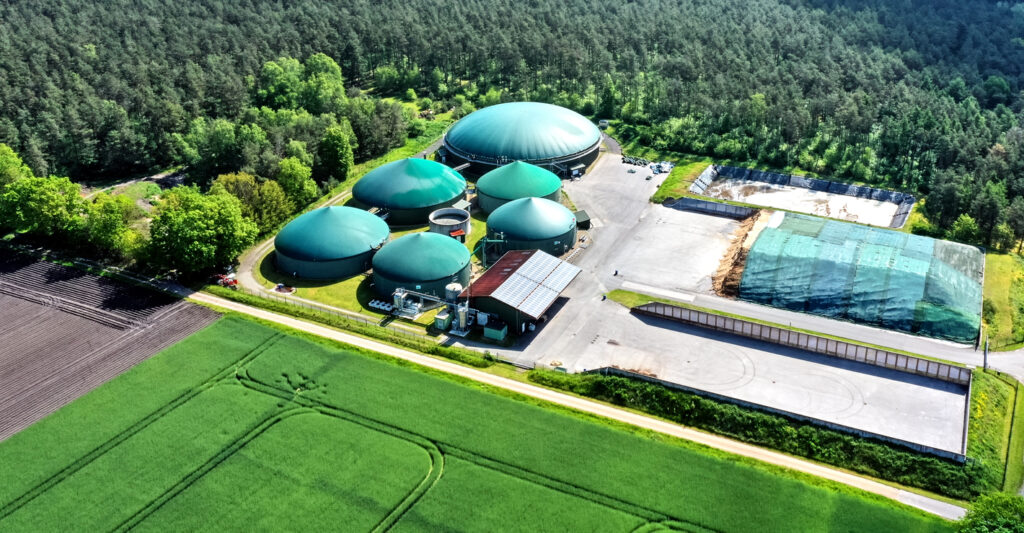
Project summary
Aleksandra's PhD defence!!
2024/10/18 at 9:35 pm
After 4 years of hard work, Aleksandra successfully defended her PhD dissertation at the Poznan University of Technology and is ready to continue her scientific journey, congratulations!!! As a PhD, she will continue the research on methane utilization, this time for single-cell protein production from biogas at the DTU Chemical and Biochemical Engineering.
2023/09/31 at 8:00 pm
We are happy to share first publication of the results from the project, published in Science of The Total Environment. This is also the second publication from Aleksandra’s PhD research. Congratulations Ola!
In “Enrichment of mixed methanotrophic cultures producing polyhydroxyalkanoates (PHAs) from various environmental sources” we show the results of our work on the enrichment of mixedcultures with methanotrophs and evaluate their potential for PHA accumulation. We investigate the effect of different nitrogen sources and methane concentration levels on PHB and PHBV production by enriched methanotrophic cultures.
You can access the article for 50 days here:
https://authors.elsevier.com/a/1iBc9B8ccyjYp
2023/11/06 at 9:13 pm
Mateusz presented the latest results from met2pha project on Green Deal Biotechnology conference in Poznań, organized by European Federation of Biotechnology. The meeting brought together scientists and professionals from academia and various sectors of industry sharing the common interest in resource recovery and environmental biotechnology for development of new technologies supporting bioeconomy.
